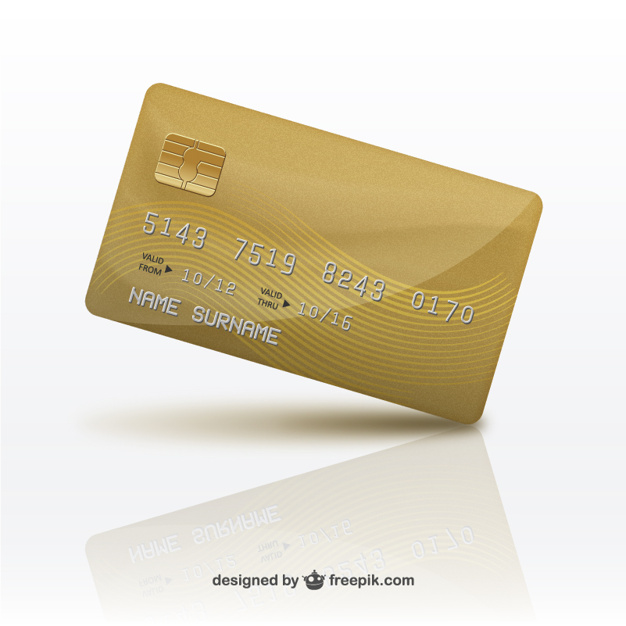How do credit cards work?
Credit cards provide a line of credit you can borrow against, but you don’t have to pay back your entire balance all at once. You can use your credit card to make purchases, take out a cash advance or set up a balance transfer, and you get the option to make payments in any amount that is more than the minimum monthly payment your credit card requires.
How do credit cards work?
When you are approved for a credit card, you are essentially qualifying for a line of credit you can use if you want to. When you use your credit card for purchases, balance transfers and other transactions, the money you borrow is taken from this line of credit.In contrast, when you pay with a debit card, the money comes right out of your bank account when you make the purchase.
Benefits of credit cards
There are plenty of incentives for consumers to use credit cards instead of cash or debit. Here are the main perks you should be aware of as you compare card options:
Earn rewards
Many of the top rewards credit cards let you rack up cash back, points or miles that you can redeem for a check in the mail, gift cards, travel and more. If you pay your credit card bill in full each month and avoid all credit card fees, these rewards can leave you “ahead.”
Qualify for a zero percent intro APR
Select credit cards offer zero percent APR on purchases, balance transfers or both. These offers can help you save money on interest and consolidate debt.
Help build your credit score
Your credit card movements will be reported to the three credit bureaus: Experian, Equifax and TransUnion. This can help you build credit over time with responsible usage, such as paying your credit card bill on time each month.
Drawbacks of credit cards
Credit cards also come with some major downsides, which is why plenty of consumers never use them. Here are some of the drawbacks to consider:
You’ll pay interest if you carry a balance
The main disadvantage of credit cards is the fact they charge interest on your purchases and cash advances, as well as balance transfers that don’t take place during a zero percent intro APR period. Since the average credit card interest rate is currently over 16 percent, using credit can be a costly endeavor in the long-term.
There are various fees
Credit cards with the most perks charge annual fees that typically range from $95 to $550. However, all credit cards have the potential to charge foreign transaction fees on purchases you make abroad, late payment fees when you pay your bill late, fees for cash advances, fees for balance transfers and plenty more.
Your credit score can be affected
The second most important factor that makes up your FICO score is the amount of debt you owe in relation to your credit limits, otherwise known as your credit utilization. If you max out your credit cards and show high utilization rates on revolving debt accounts, your credit score could drop-even if you pay your bill on time each month.
Easy to rack up long-term debt
Paying for your purchases with plastic can almost be too convenient. Credit cards make it easy to rack up balances you can’t pay off each month, which can lead to a lifetime of costly debt.
https://www.bankrate.com/uk/credit-cards/how-do-credit-cards-work/






Leave A Comment
You must be logged in to post a comment.